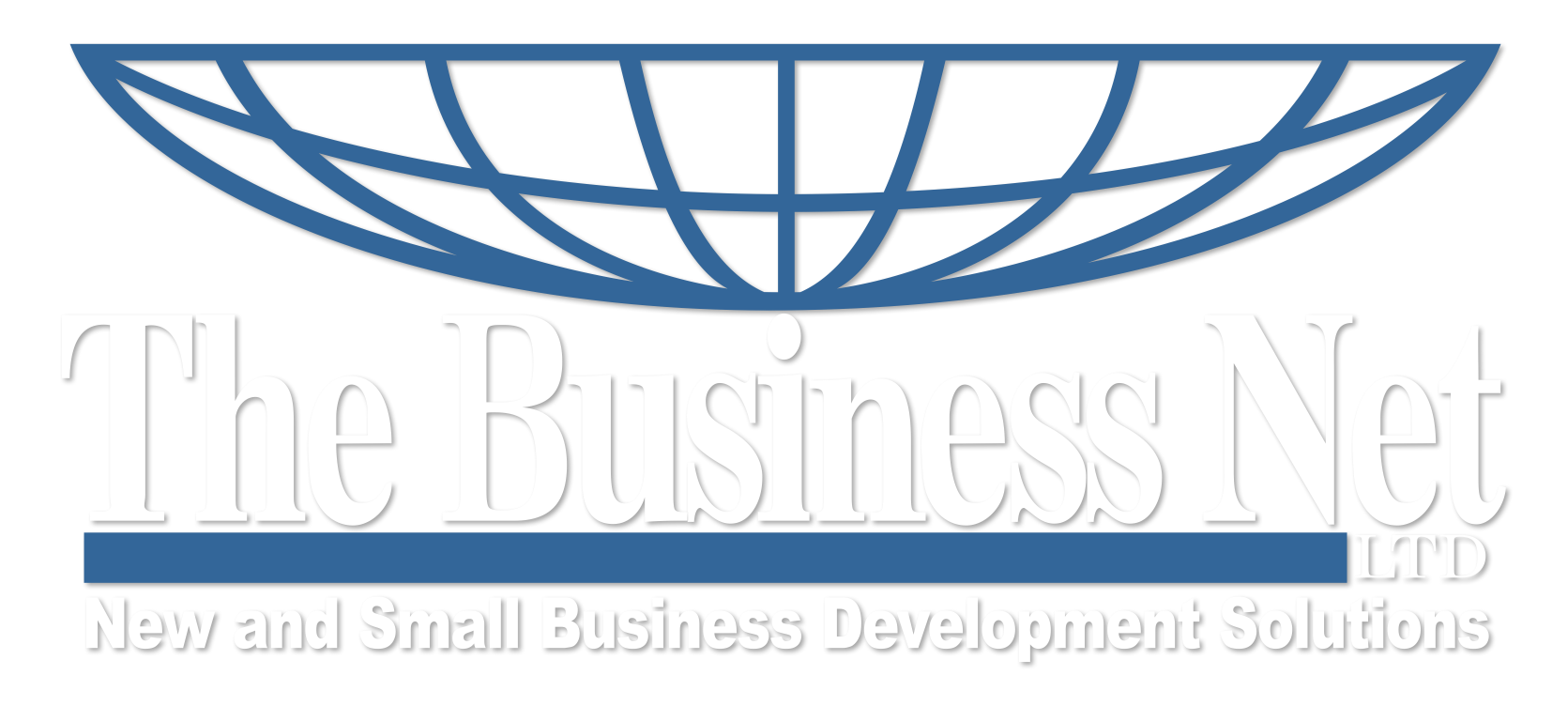The IRS Wants More of Your Money!
 The Ground Rules in Playing the Tax Game with IRS Have Been Changed
The Ground Rules in Playing the Tax Game with IRS Have Been Changed
If you have a business with deductible expenses and you want to keep these deductions, you must have solid documentation of all business expenses.
Here is what is happened already:
- Over the past several years the IRS has addedmany new forms to track your financial activities.
- Many of these new forms, prepared by banks, brokerages, title companies, and other financial institutions, are filed electronically.
- IRS computers cross-match the information from these forms to various income tax returns. A process made more efficient by electronically filed tax returns.
- Computer capabilities have dramatically increased enabling the computers to process more return information to determine audit potential.
And here is what IRS is already doing:
- Increased computer capabilities is enabling them to select more returns for audit. Audit information requests no longer require a live auditor.
- Now substantially more returns and expenses with lower dollar amounts will be subject to computer audit information and substantiation requests.
- The computer picks the items to be substantiated and provide (in some cases) the rules for what constitutes adequate substantiation.
- Providing adequate audit itemssubstantiation has shifted to you (even if you do not know what adequate substantiation requires). Youwill provide the information and backup you have and they will decide if your information is adequate with little chance to discuss this with a live auditor.
- Failure to respond within the allowed time; or inadequate substantiationwould increase your taxable income. They will re-calculate your tax, add penalties and interest and send you a bill.
- If you disagree with their changes, you will incur additional costs to appeal or take it to tax court.
You are going to have to fight this issue, your business may be at stake!
Here are actions you should implement now – if you wait the request for information could come at a time when it will be hard to comply within the time allowed.
The following actions apply to all types of business entities. Actions and processes you should have in place (these should include tax year 2015 which they are already auditing):
- A formal accounting system.
- A detailed system of backup for all expenses tracked by the accounting system, including copies of receipts, and the business purpose for the expense.
- A written mileage log for vehicles that includes: date, mileage, customer name, the business purpose, and the location of the meeting or activity.
- A written travel log that contains the location of the travel, the means of getting to the location, the purpose for the travel, the expenses for the travel including; air fares or other travel costs, lodging costs (must keep hotel receipts), rental car costs (including fuel or other costs), local transportation costs (i.e. taxis, limo, etc.), and other costs incurred during your stay (Tips, dry cleaning, copy costs, etc.). Note: meals must be tracked separately.
- A system to track business related meals and entertainment (quiet business meals, travel meals, entertainment costs, etc.) All meal and entertainment expenses must include; the date, the location, the client’s name, the business reason for the meal or entertainment. This system could take the form of a written or electronic appointment calendar as long as all of the information is contained on the calendar.
- Backup information for continuing professional education must including: the subject matter of the course or education, the time and place for the education, how the education relates to the business, and a description of the costs incurred.
- Detailed information on contracted costs or services, including; when consulting was provided, the type of consulting received, and the business purpose for the consulting. These service costs may require you to issue Forms 1099-Misc.
- A consistent system to store the backup documents. This could be a paper filing method or an electronic filing system that would allow re-production of the original documents.
